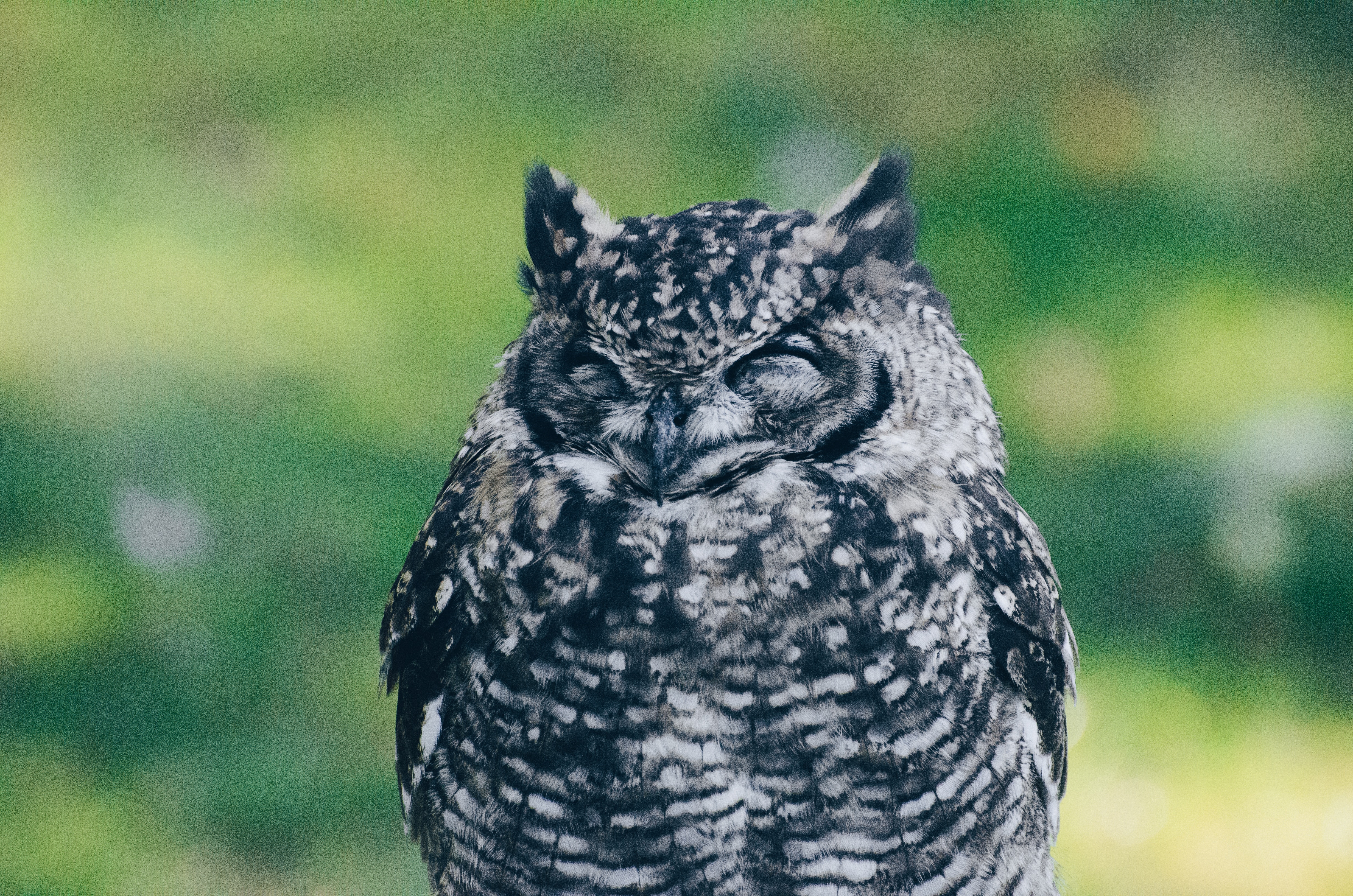How To Be A Night Owl: How to Thrive as a Night Owl

It can be hard to be a night owl. Often times your family is heading to bed at a normal hour, while you are still wide awake with no plans of going to sleep anytime soon. Although your preference for sleep is set to a later time, there are still ways to get the rest you need and have that morning energy. Read on to find out if you’re a night owl, and some tips to get quality rest.
Are You a Night Owl?
Mostly driven by genetics, your tendency to be active in the morning or evening will have a big impact on when you are most alert, productive, and creative, and on how you (and your significant other) sleep.
Since the emergence of modern sleep science in the last century, scientists have discovered so-called ‘rest-activity cycles’ in human and animals. In the 70’s, Swedish researcher Öquist introduced chonotypes, essentially a way to describe the difference in the daily sleep activity rhythms in humans. Building upon Öquist’s work, a questionnaire focused on determining morning versus evening tendencies was created, and is still widely used today to assess people’s unique sleep-time preferences.
To make chronotyping easy to understand, bird terminology was introduced. Anytime you hear the saying “the early bird gets the worm” or hear someone talk about being a night owl, that’s what they’re referring to! If you’re an owl (or night owl), you tend to enjoy sleeping in, are more active in the late afternoon, and find that you can be productive working late into the night. A lark (or early bird) can often spring out of bed with or without an alarm clock, are more active in the morning, and hop in bed relatively early each night. Most people are actually in between, but no bird has been linked to that so far.
Get Better Sleep as a Night Owl
For years, you may have functioned on less sleep, with less than the recommended 7 hours a night, or have had to set four alarm clocks to wake up each morning. The best option is, of course, to see if you can get a work schedule that fits your night owl needs. If you have the choice, try for a better way. Not getting enough sleep can accumulate a sleep debt that can be hard to repay. The importance of getting regular and sufficient amounts of sleep can be beneficial to your health and longevity. But unfortunately, that is easier said than done.
If you’re a night owl that needs to be bright eyed and bushy tailed in the morning, try making more time for sleep by following these tips.
- Try streamlining your morning routine so you can sleep in as long as possible.
- Do your best to make sleep sacred by following a pre-bedtime routine.
- Get some sunshine first thing in the morning and throughout the day to keep your melatonin high enough for adequate sleep, and limit artificial light before bedtime to help keep your circadian rhythm in balance and if possible use blue light glasses to keep you on a healthy sleep-wake cycle.
- Stick to a regular sleep schedule. Work backward by at least eight hours from the time you need to wake up and set a reminder to start shutting down and getting ready for bed at that time.
What if I’m an Early Bird?
If you’re an early bird, consider yourself a lucky one! Being able to rise early with energy is something many yearn for. If you’re looking for a few additional ways to boost your morning energy, you can try taking off your sleep mask and getting natural light first thing in the morning, using the SleepScore Smart Alarm to wake up at the optimal point in your sleep cycle, or a variety of other ideas!
Being an early riser can be troublesome if you don’t schedule your bedtime to give you a full 8 hours of sleep. Early to rise should mean early to bed too so you get all the Zzzs you need.
Where do you fall? Are you a night owl or an early riser? By making simple changes to your sleep habits, you can help improve your performance and learn to thrive as a creature of the day or night.
Lippincott, B. “Owls and larks in hypnosis: individual difference in hypnotic susceptibility relating to biological rhythms,” National Center for Biotechnology Information/PubMed.gov. https://www.ncbi.nlm.nih.gov/pubmed/1543148.